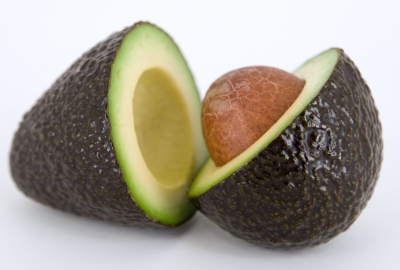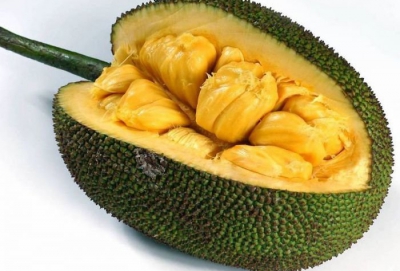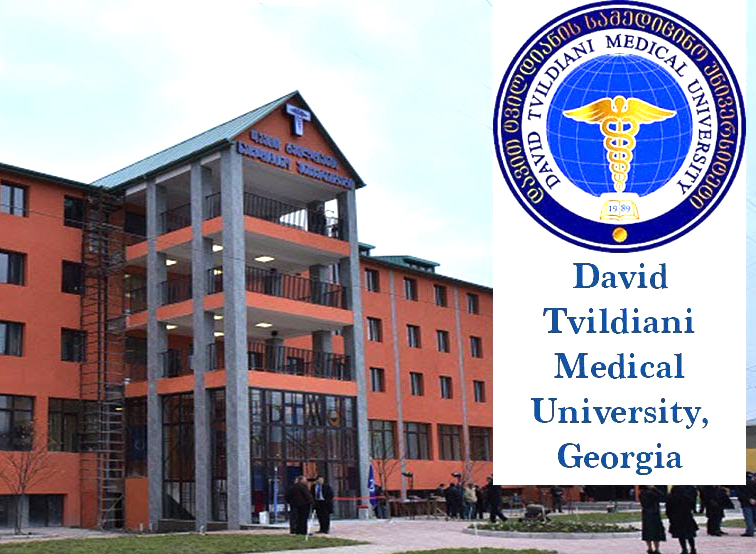Mildly sweet yet crunchy, delicious cashew nuts are packed with full of nutritious compounds, antioxidants, minerals that are essential for robust health. The cashew is an average sized, evergreen tree native to Brazil’s Amazon rain forest which spread all over the world by Portuguese explorers. Today, it is grown commercially in Brazil, Vietnam, and India and in many African countries.
Cashew tree bears numerous, edible, pear shaped false fruits or “accessory fruits” called "cashew apples". A small bean shaped, grey color “true fruit” is firmly adhering to lower end of these apples appearing like a clapper in the bell. This true fruit is actually a drupe featuring a hard outer shell enclosing a single seed or “cashew nut”. The outer shell contains a phenolic resin, which is a potent skin irritant toxin. It is therefore, the outer shell is subjected to roasting in the processing unit in order to remove this resin, urushiol and then, the cashew nut is taken out.
The nuts feature kidney or bean shape, cream white color, smooth surface with firm yet delicate in texture. Cashews are packed with soluble dietary fiber, vitamins, and minerals and packed with numerous health promoting phyto-chemicals; that help to protect against diseases and cancers. Cashews are rich in energy and nutrients. They are rich in “heart friendly” monounsaturated fatty acids like oleic and palmitoleic acids that help to lower LDL or bad cholesterol and increase HDL or good cholesterol. Research studies suggest that Mediterranean diet that is rich in monounsaturated fatty acids helps to prevent coronary artery disease and strokes by favoring healthy blood lipid profile.
Cashew nuts are very rich source of minerals like manganese, potassium, copper, iron, magnesium, zinc and selenium. Eat just a handful of cashew nuts every day to avoid minerals deficiencies. Selenium is an important micro-nutrient which functions as co-factor for antioxidant enzymes such as Glutathione peroxidases, one of the most powerful antioxidant in the body. Copper is a cofactor for many vital enzymes, including cytochrome c-oxidase and superoxide dismutase (other minerals function as co-factors for this enzyme are manganese and zinc). Zinc is a co-factor in many enzymes that regulate growth and development, sperm generation, digestion and nucleic acid synthesis.
Cashews are also rich in many essential vitamins such as pantothenic acid (vitamin B5), pyridoxine (vitamin B-6), riboflavin and thiamin (vitamin B-1). These vitamins are essential in the sense that our body requires them from external sources to replenish and essential for metabolism of protein, fat and carbohydrates in the body.
The nuts are also containing good amount of Zea-xanthin, an important flavonoid antioxidant, which selectively absorbed into the retinal macula lutea in the eyes. It is thought to provide antioxidant and protective light-filtering functions, help prevent age related macular degeneration.









